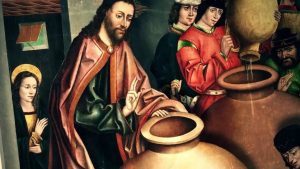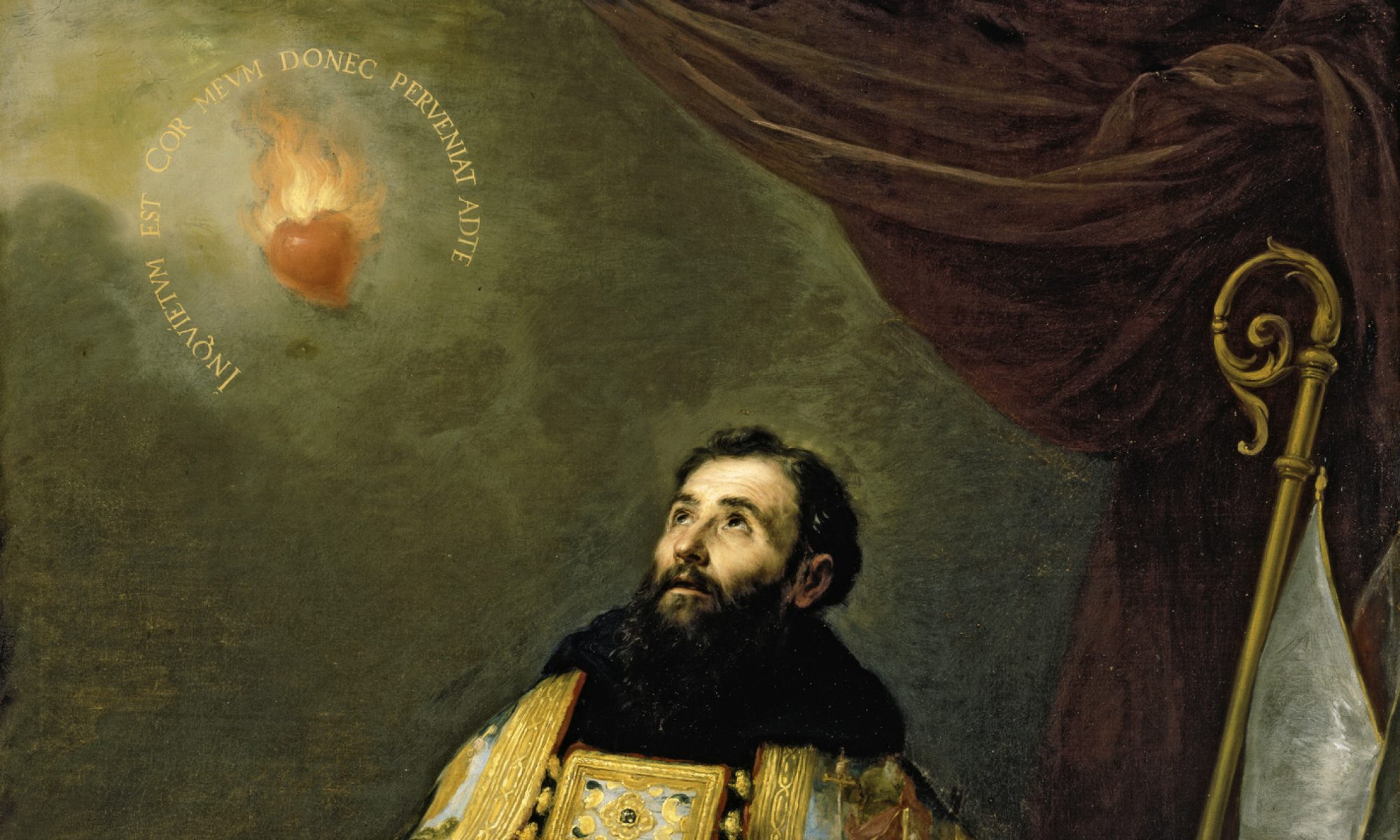Today is the 2nd Sunday after the Epiphany, and the gospel narrates to us the best wine in the world, made by Jesus. When I visited my Australian Augustinian confreres, many years ago, I was welcomed by our school community, meaning Augustinian Priests, teachers, and staff. It was evening dinner, and each of the invited brought a bottle of wine. I was happy and enjoyed time socializing and drinking wine with them. I maybe drank too much, and I excused myself and went to my room, only to realize when I woke up nobody was there anymore. They were gone without me drinking the last and the best wine so I fell back asleep. The following morning, one of my fellow Augustinian Priests asked me where I was. I said I went to my room for a little rest because I drank too much. He said to me that I need to drink the same amount of water when drinking wine in order to destabilize the acid level inside my body right after a drink. There I learned the lesson that when drinking wine you need the same amount of water intake to get rid of the acidity. Wine has been fermented which produces certain levels of alcohol as well. Remember, wine and water are essentially important after having a good evening drinking with friends, not simultaneously, but right after the wine party, make sure to drink the same amount of water as the amount of wine you drank.
In today’s gospel, Jesus performed his first miracle ever. He changed six jars filled with water into wine. Jesus did this, the first of His signs, in Cana of Galilee, even though He was a bit hesitant to reveal His glory; yet many witnessed it and His disciples began to believe in Him. This wedding and banquet setting is an image of Christ’s new era with His beloved people. Jesus is portrayed as the Groom and the Church as His bride, and also having taken place at a wedding is a symbol of God’s ongoing love, fidelity, and commitment for His people.
Mary, telling Jesus they have no wine, implies that she wants him to do something and that she believes He can solve this problem. How many times has our own mother requested us to do something and, even though being hesitant, we act and do it for her in order to please our mother and express our love for her. It is the same experience that some of us have done before.
Maybe we cannot comprehend Jesus using the greeting “Woman” to His own mother. Well, to address her as “woman” is not showing any rudeness or hostility. I believe that Jesus’ words, “Woman, what is that to Me and to thee?” is an expression that implies a sense of disengagement, not active hostility. It is apparent in Jesus’ statement that His hour has not yet come. Jesus acts, within His heart willing, but not yet ready. We know for a fact that no human being, not even His mother, can determine Jesus’ “hour.” God alone determines when and how Jesus’ “hour” becomes a reality in the world.
The story progresses; then, Mother Mary was able to take that initiative to act by telling the servants “Do whatever He tells you.” This shows that Mary did not hesitate to show her deep faith in her Son’s ability to address the need in that situation. The disciples believe in Jesus after the miracle, and Mary believes in the efficacy of Jesus’ word. She trusts that whatever He says will work.
“When the steward tasted the water that had become wine,” the chief steward did not know where the wine came from, while the other servants do know. Knowing Jesus as the source of abundance makes those servants believers of Jesus. The miracle truly happened, and it remained a mystery for the chief steward because he assumes it came from the bridegroom of the wedding being celebrated. The chief steward called the bridegroom and said to him, “Everyone serves the good wine first, and then the inferior wine after the guests have become drunk. But you have kept the good wine until now.”
This is one of the important lessons to know that the real bridegroom, who served this superior wine, is none other than Jesus. Jesus appears to be ushering into the world God’s abundant goodness and graces in a decisive way, as “The Bridegroom.”
Aside from this, we need to shift our attention to Jesus as a miracle itself, rather than the “signs” of His own miracle. It helps us focus on the greater reality behind the miracle at Cana. Jesus is more important than the miracle itself. Now, we have to accept that His first act of a miracle fills the whole world up to the brim which is symbolic of God’s presence and the fulness of His love and mercy in our midst. It is the first manifestation of God’s presence in the world through Jesus.
Jubilate Deo, omnes terra, psalmum dicite nomini ejus: date gloriam laudi ejus. Shout with joy to God, all the earth, sing ye a psalm to His name: give glory to His praise. As we journey together as a community, let us be open to see signs that Jesus is with us and to walk with Him. Be grateful for the miracle of His presence. We pray earnestly that our lives be transformed together in charity, joy, and peace.
God bless you.
Fr. Arlon, osa

